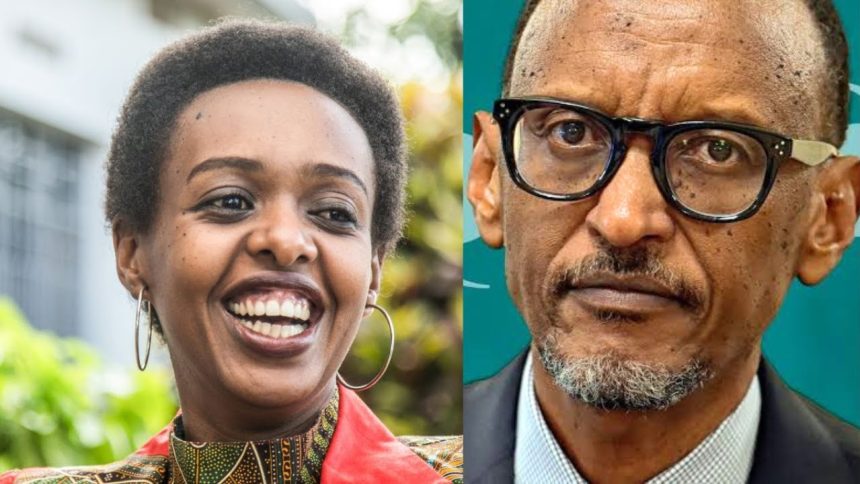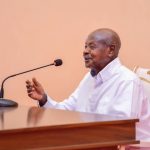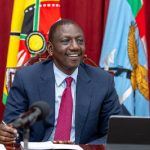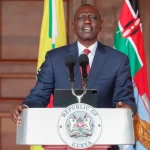An outspoken critic of Rwanda’s iron-fisted President Paul Kagame, Diane Rwigara boldly declared her candidacy for the upcoming Rwandan presidential election, challenging the authoritarian regime of the country’s current incumbent.
“A new chapter for Rwanda begins now. Together we will make history! Join me as I run for President,” Rwigara posted on X, formerly Twitter.
Rwanda, which has been de facto ruled by Kagame since the end of the 1994 genocide, is due to hold both presidential and parliamentary polls on July 15.
The 42-year-old Rwigara, who is leader of the People Salvation Movement, had planned to stand in the 2017 election against Kagame but was disqualified.



Just days after she had announced her candidacy, nude photos allegedly of Rwigara surfaced online. She later told media the images had been doctored in a bid to “silence me.”
Rwigara was later barred from taking part in the 2017 race for allegedly forging the signatures of supporters for her application.
She was arrested and charged with forgery and inciting insurrection for comments criticizing the government and Kagame in the run-up to the vote.

After spending over a year in jail, she and her mother were released on bail in 2018 and acquitted in December of that year.




Rwigara is the daughter of Assinapol Rwigara, an industrialist who in the 1990s was a major donor to Kagame’s ruling Rwandan Patriotic Front (RPF) party before falling out with its leaders.

Kagame has been praised for putting Rwanda on the path of economic transformation after the genocide, but he faces frequent criticism over rights abuses and intolerance of the opposition.
In addition to Rwigara, Kagame will face two other candidates in the polls —Frank Habineza of the Green Party and Philippe Mpayimana, an independent candidate.
Kagame, who became president in 2000, has won three elections with more than 90 percent of the vote and is widely expected to win again in July.
Her unexpected entry ignited hopes for political change while raising concerns about her safety in a country known for suppressing opposition. The nation watched closely wondering if this bold move could spark a shift toward greater freedom and democracy in Rwanda.









